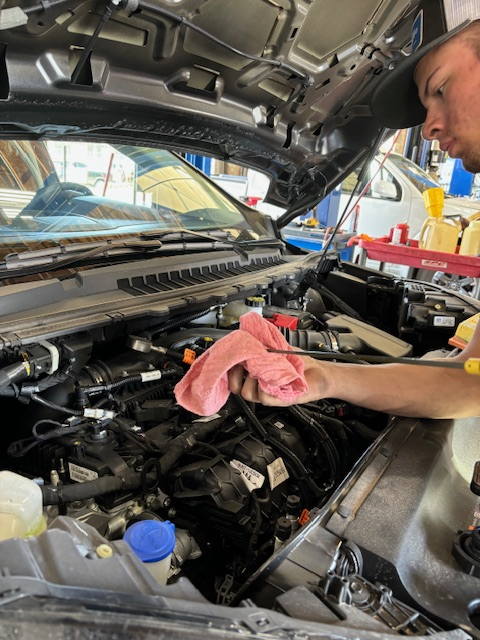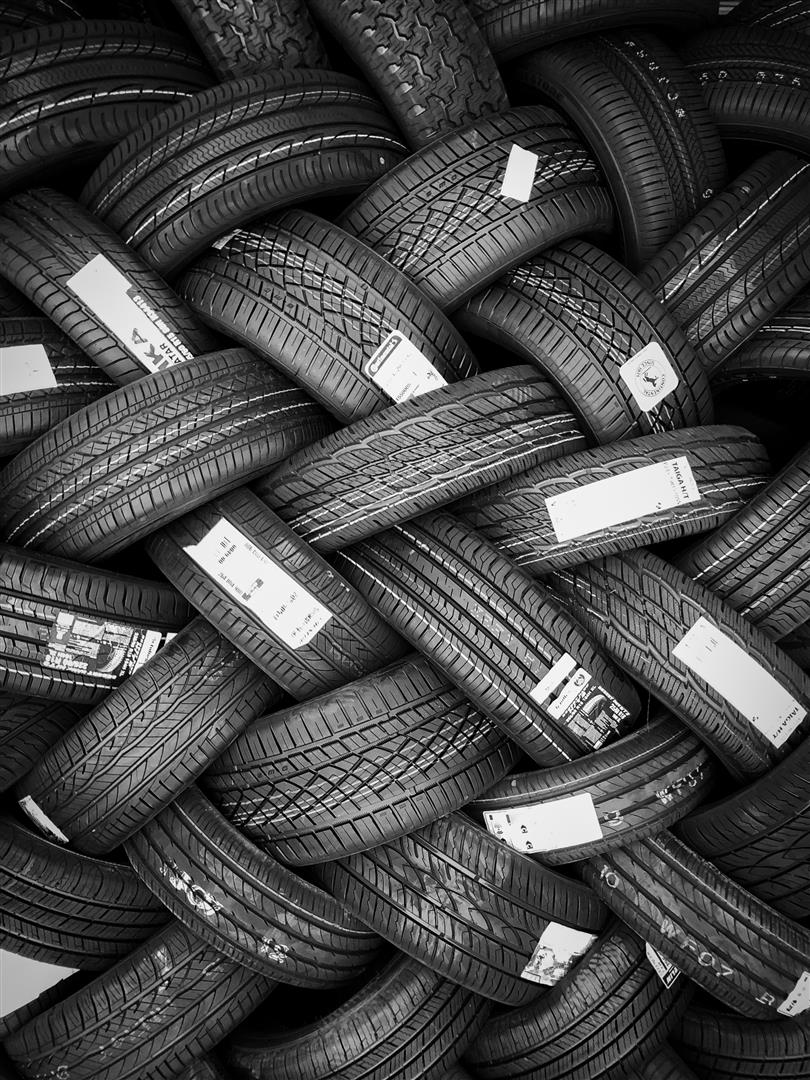Posted on 9/24/2025
.jpg)
The Importance of Preventative Maintenance for Your Vehicle When it comes to owning a vehicle, most drivers focus on filling the gas tank, changing the oil occasionally, and keeping it clean. But what many overlook is one of the most important aspects of car ownership: preventative maintenance. Preventative maintenance is all about taking care of your vehicle before problems arise. It involves routine inspections, services, and small repairs that help keep your car running smoothly and safely. Think of it like going to the doctor for a check-up—catching issues early can save you time, money, and frustration down the road. Why Preventative Maintenance MattersSaves Money in the Long Run Skipping maintenance might feel like you’re saving money now, but small issues can quickly turn into costly repairs. For example, ignoring a simple oil change can lead to engine damage that costs thousands to fix ... read more
Posted on 9/4/2025

Fall Vehicle Maintenance: Your Ultimate Checklist for a Safe, Smooth Ride As temperatures dip and rain or frost becomes more frequent, fall marks an essential time to prepare your vehicle for winter. A few simple checks now can help you avoid costly repairs later—while ensuring safety, reliability, and peace of mind. 1. Grab Your Owner’s Manual and Service Records Before diving into maintenance, gather your owner’s manual and any recent service receipts. The manual is your go-to guide for fluid levels, belt and hose specs, and maintenance intervals. If your next service is due, now is the perfect moment to schedule it . 2. Battery Health Check Car batteries age faster in extreme temperatures. If your battery is over three years old, have it tested or replaced—especially since winter is when battery failures peak . A failing battery in freezing weather can leave you stranded and exposed. 3. Wipers, Windshield Washer Fluid & Defrosters Visibility is cruci ... read more
Posted on 6/5/2025

The Importance of Regular Oil Changes: Insights from Dickerson Automotive in Spanish Fork, UT Regular oil changes are a fundamental aspect of vehicle maintenance, crucial for ensuring the longevity and performance of your engine. At Dickerson Automotive in Spanish Fork, UT, we emphasize the significance of timely oil changes and offer comprehensive services to keep your vehicle running smoothly. Why Are Oil Changes Essential? Engine oil serves multiple vital functions: Lubrication: It reduces friction between moving parts, preventing wear and tear. Cooling: Oil helps dissipate heat, maintaining optimal engine temperature. Cleaning: It carries away dirt and debris, keeping the en ... read more
Posted on 4/16/2025
Your Honda’s engine is a finely tuned machine and keeping it running smoothly requires regular maintenance. One often-overlooked service that plays a vital role in engine performance and longevity is a valve adjustment. Honda vehicles typically Honda Pilots and Odyssey 2018 and older, especially models with mechanical (non-hydraulic) valve lifters, require periodic valve adjustments to maintain proper engine function. In this blog, we’ll explain what a valve adjustment is, the signs that your Honda may need one, and why this service is essential for your vehicle’s health. What Is a Valve Adjustment? A valve adjustment is a precise process where a technician adjusts the clearance between the valve stem and the rocker arm or camshaft. This gap is critical because it allows the valves to open and cl ... read more
Posted on 12/26/2024

Tires are the unsung heroes of your vehicle. They provide traction, ensure smooth handling, and play a critical role in your overall safety. However, like all components, they wear out over time and need replacement. Knowing when to replace your tires is essential for keeping your car safe and performing at its best. Key Signs You Need New TiresTread Depth: The tread on your tires provides the grip necessary for safe driving. Over time, this tread wears down. Use the "penny test" to check your tread depth: Insert a penny into the tread with Lincoln’s head facing downward. If you can see all of Lincoln’s head, it’s time for new tires. Ideally, replace them when tread depth falls below 2/32 of an inch. Cracks and Bulges: Tires exposed to extreme weather or simply aging can develop cracks in the sidewall or bulges. These are signs that the tire structure is compromised, which can lead to blowouts. ... read more